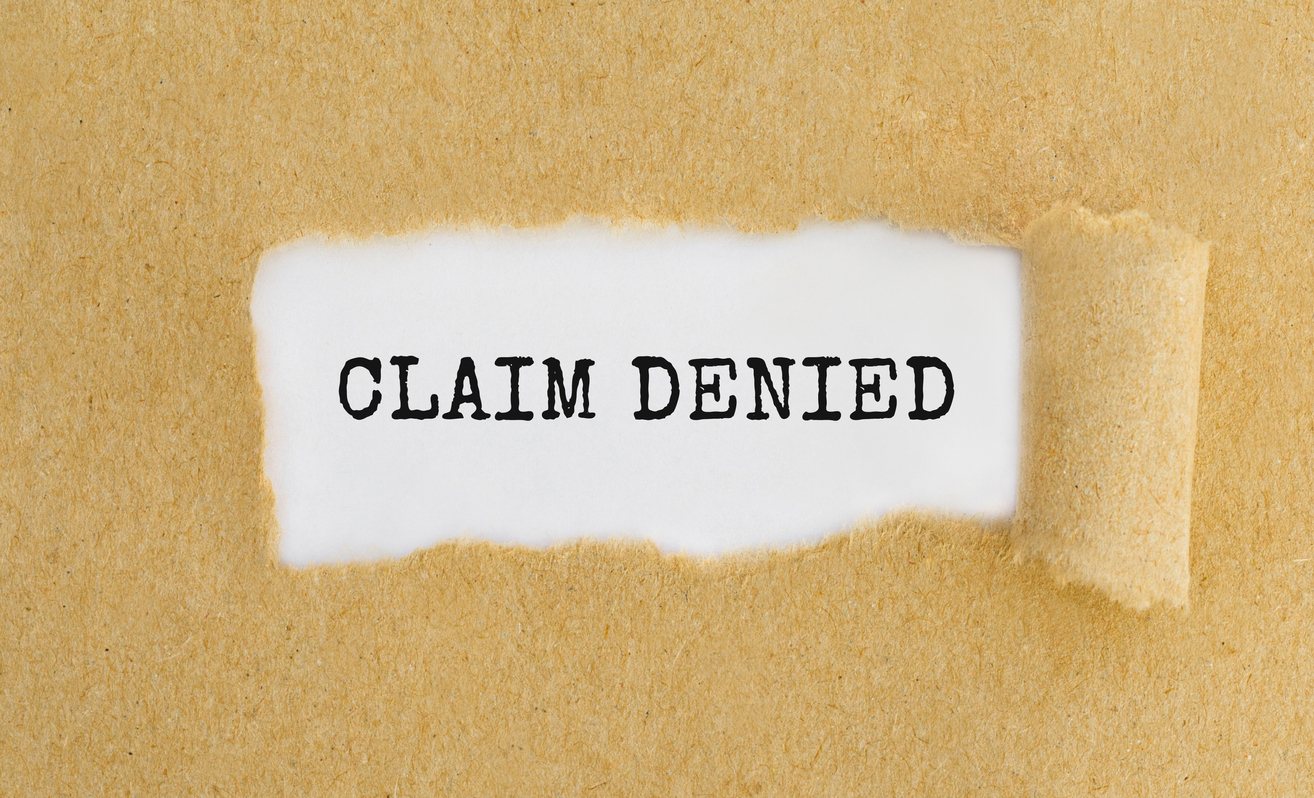Ordinarily, multiple family members residing in the same household qualify as insured persons under a homeowner’s insurance policy. What happens when one of the insureds intentionally causes a loss, but the others do not? Are the innocent co-insureds precluded from recovering under the policy?
In a recent case,1 the named insured on an insurance policy had a wrongful connection to a fire loss at a home that he shared with his son and grandchildren. After the insurer denied the claim for the fire loss, litigation ensued over whether the policy excluded coverage to the innocent co-insureds.
The policy at issue provided:
If you or any person insured under this policy causes or procures a loss to property covered under this policy for the purpose of obtaining insurance benefits, then this policy is void and we will not pay you or any other insured for this loss.
The co-insureds argued, however, that they were entitled to collect for the fire loss because Michigan law2 deems that policy language void.
Ultimately, the court held that, under well-settled Michigan law, insurers were required to provide coverage to innocent co-insureds, notwithstanding any policy exclusions for intentional acts or fraud by an insured. In holding so, the court rejected the insurer’s claim that the Michigan Legislature never required, or at a minimum, no longer required that insurers provide coverage for innocent co-insureds when the damages are the result of any insured having a wrongful connection to an intentionally set fire.
___________________________
1 Wilson v. State Farm Fire & Cas. Co., No. 2:17-CV-11243, 2019 WL 6218688 (E.D. Mich. Nov. 21, 2019).
2 The fire loss occurred in Michigan.




